Brain Health: Bigger Brains are Better: Exercise is sometimes touted as slowing down the brain-aging process, slowing down the rate of inevitable senescence—becoming forgetful, senile, decrepit. While that’s good, where’s the joy in a war of attrition ultimately ending in defeat?
Irish poet, Dylan Thomas, advises to “rage against the dying of the light’’ and “do not “go gentle in that good night,” but the practical side of aging is that, like his father, we do see people wear down and fade away.
Young man: “Mike is in the Navy.”
Granny: “Why is President Eisenhower in the gravy?”
Young man shouting: “No granny. Mike. Not Ike. Navy not gravy. Mike is in the Navy.”
Granny: I can hear you fine. No need to shout. “Wavy gravy is a funny hippie. Tell me, where is your brother, Mike?”
Good News. That’s not for us! There’s clear scientific proof that exercise can help you gain brain mass, not just fight a good fight to lose.
More Brain = More Life.
Science gives us permission to banish thoughts and expectations of losing our minds as we age. We now have a clear model to maintain our brain health for life.
In a nutshell: a steel-trap mind involves a gestalt of exercise, nutrition, and relaxation. Occasional rejuvenation activities (detoxification programs, stem cell support programs) make good sense as well. This is what the natural health movement is all about – the best health for the best quality of life.
Exercise Builds Brains.
In a 2011 study1 from the University of Illinois, researchers found that exercise can increase the volume of the hippocampus part of your brain involved in memory and cognition.
The hippocampus is not a university for ‘potamuses or horses – it’s a part of the brain named after the seahorse because of its shape. It’s actually two parts of the brain and the area greatly affected by Alzheimer’s.
In the study, participants increased their brain-derived neurotrophic factor (BDNF), a protein in the brain that supports neuron growth, development, and survival. A lack of BDNF occurs in Alzheimer’s.
Your Stem Cells.
The anterior hippocampus has an exciting function – it produces NEW NERVE CELLS from adult stem cells.
Here’s the interesting part. Other studies remind us and demonstrate that too much aerobic exercise, e.g. prolonged very vigorous exercise such as long biking up hills, long-distance running, long swims, over many years actually increases cognitive decline2.
What? This seems to be the opposite. Surely more is better, right? Not so says studies3 where mice were not able to apply the gains. Higher rates of intense exercise and longer durations increase cellular oxidation and the need for the body to access more antioxidants.
The key here is what is too much? It’s certainly not 30-minutes a day of aerobic activity, it’s a super-extreme amount. So why mention this? It reminds us of the Goldilocks Principle. Not too little, not too much. But just right.
Brain Health: Nature’s Law.
It reminds us to consider ‘balance in all things’ and that our bodies need more nutrients as we ramp up physical motion with stretching, strengthening, and increasing endurance. If we don’t, it may be our brains that suffer.
Case in point, Jim Fixx, a famous long-distance jogger who helped launch the American fitness movement, died while jogging at age 52. He looked ‘all wore out.’
Higher oxidation without the governing antioxidants (glutathione, catalase, superoxide dismutase) results in unwanted, normal/natural cellular inflammation responses. Cellular inflammation, when it occurs in the heart/cardiovascular system, causes deadly trouble; when it occurs in the brain, it causes cell membrane damage and mitochondrial distress that can lead to brain functional impairment and cognitive issues often seen in medical scans as brain shrinkage.
Studies confirming the “too much is too much” issue found that the brain impairment of ‘over-exercisers’ is first revealed in the hippocampus – thus problems with memory and focusing attention.
The Alarming Trend.
The latest news of 2019 is that people are more sedentary than in 2018. This trend is blamed on the internet, e.g. children and elderly people spending more time on social media, video games, and TV (or in my case, blogging.)
Most people today are not getting enough exercise, so few need to worry about ‘too much.’ This also means that most people are setting themselves up for the cognitive decline.
QuirkyHealthTip for Brain Health.
To maintain your brain and enliven your cognitive processes, exercise regularly. Smile when you exercise – it reinforces your brain that exercise is enjoyable. Be sure your overall program includes 5 key components:
- Stretching for flexibility
- Strengthening (weight resistance) for muscle mass and body composition
- Cardio/aerobic activity for endurance and oxygenation
- Nutritional enhancements to feed and rejuvenate your brain’s normal processes.
- Breathing and relaxation to integrate optimal muscle integrity.
This blog coupled with the Muscle Fitness category will discuss those 5 components and help you build a lifestyle that includes the joys of muscle movements to keep our brains biologically young.
WellnessWiz Jack
- Erickson, K.; Voss, M.; Prakash, R. et al. “Exercise training increases size of hippocampus and improves memory.” Proceedings of the National Academy of Sciences of the United States of America. 31 Jan 2011.
- Cassels, C. “Moderate Physical Exercise, DASH Diet Protective Against Age-Related Cognitive Decline.” Medscape News Today. 29 Jul 2009.
- Rhodes, J.S., van Praag, H., Jeffrey, S., Girard, I., Mitchell, G.S., Garland, T.Jr. & Gage, F.H. 2003. Exercise increases hippocampal neurogenesis to high levels but does not improve spatial learning in mice bred for increased voluntary wheel running. Behavioral Neuroscience, 117(5), 1006-1016.
- Feature Image: Courtesy of lightwise – 123rf.com



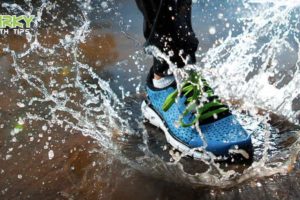
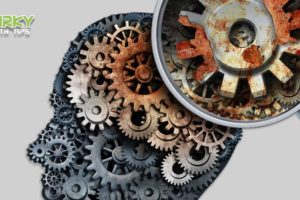
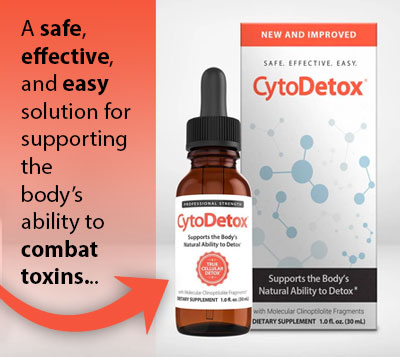
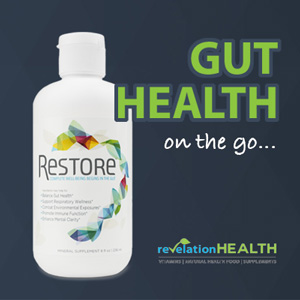
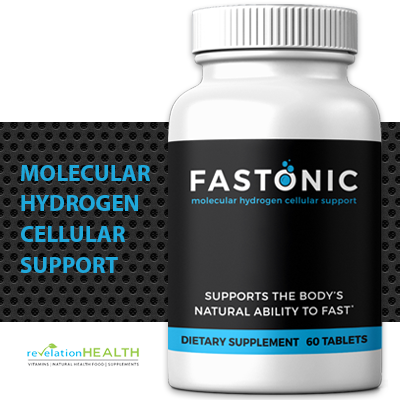
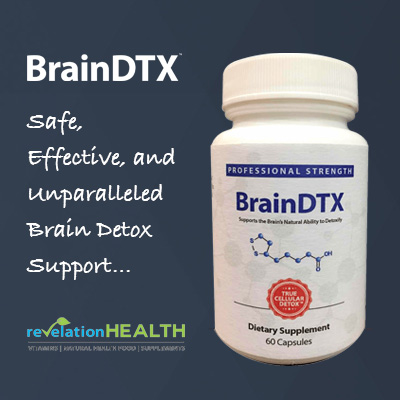
4 Comments
Leave your reply.